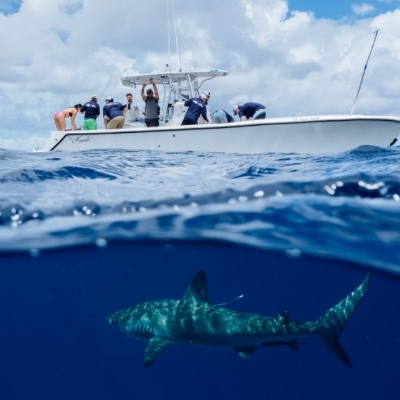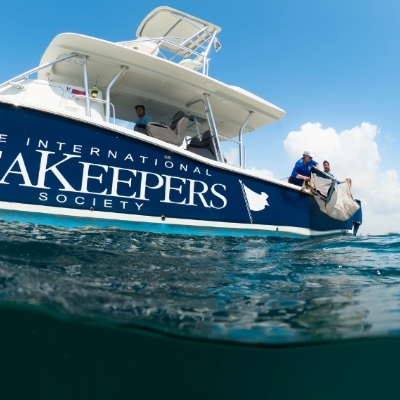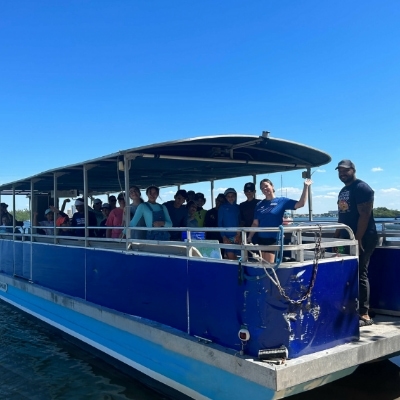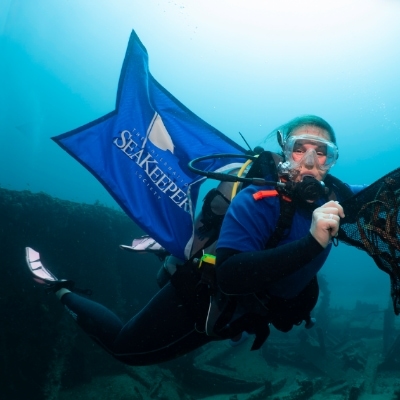Background:
The deep sea, which covers 65% of our planet, is one of the least explored environments on Earth. Due to the need for expensive, specialized technology, less than 0.0001% of the deep-sea floor has been directly studied, mostly in areas targeted for commercial activities like mining. This lack of exploration limits our understanding and ability to protect these vast marine ecosystems. Effective conservation and sustainable management require more accessible and affordable tools for deep-sea research, enabling scientists worldwide to gather vital information about underwater habitats and species. By democratizing access to deep-sea exploration, we can better protect marine resources for the future.
Mission:
The project aims to develop and test a low-cost (<$5,000) deep-sea drift camera system capable of operating at depths beyond 1,000 meters. Over one year, the team will create a fully functional prototype and conduct test deployments—first in shallow UK waters near marine restoration sites in Kent, Essex, or Sussex, followed by deep-water pressure tests in locations like Scottish lochs or the Faroes-Shetland Channel. A final deep-sea test will take place in waters over 500m deep, potentially in the Mediterranean, Norwegian fjords, or the North Atlantic.
Research Impacts & Applications:
The long-term application of this project is to make deep-sea research more accessible by publishing the camera design as open-access, distributing camera units, and building a global user community supported by technical guides and troubleshooting resources. ZSL will also use the system to document vulnerable deep-sea ecosystems, such as cold-water coral reefs off Greenland, to support conservation efforts.
Program Partners:
Relevant Scientific Publications:
- Long, Stephen; (2022) The sustainability of deep-sea fishing in Greenland from a benthic ecosystem perspective: the nature of habitats, impacts of trawling and the effectiveness of governance. Doctoral thesis (Ph.D), UCL (University College London).
- Long, S., Blicher, M.E., Hammeken Arboe, N., Fuhrmann, M., Darling, M., Kemp, K.M., Nygaard, R., Zinglersen, K. and Yesson, C. (2021) Deep-sea benthic habitats and the impacts of trawling on them in the offshore Greenland halibut fishery, Davis Strait, west Greenland. ICES Journal of Marine Science. DOI: doi.org/10.1093/icesjms/fsab148
- Long, S; Sparrow-Scinocca, B; Blicher, ME; Hammeken Arboe, N; Fuhrmann, M; Kemp, KM; Nygaard, R; Zinglersen, K; Yesson, C. (2020) Identification of a Soft Coral Garden Candidate Vulnerable Marine Ecosystem (VME) Using Video Imagery, Davis Strait, West Greenland. Frontiers in Marine Science 7(460) DOI: 10.3389/fmars.2020.00460
Get Involved
If you’re interested in learning more about this specific program opportunity, please reach out to our team below
to find out more about this program or get involved in other opportunities with SeaKeepers.
Explore More Opportunities

At-Sea Opportunities
Browse other research opportunities around the world to support oceanographic research through our other branches of programming.

Citizen Science Opportunities
Browse other citizen science opportunities around the world to support scientists in their research.

Education Opportunities
Browse education opportunities in South Florida, the United Kingdom and the South Pacific to support educational outreach for students.

Community Opportunities
Browse community engagement opportunities in South Florida, the United Kingdom and the South Pacific to support local social responsibility and policy change.
